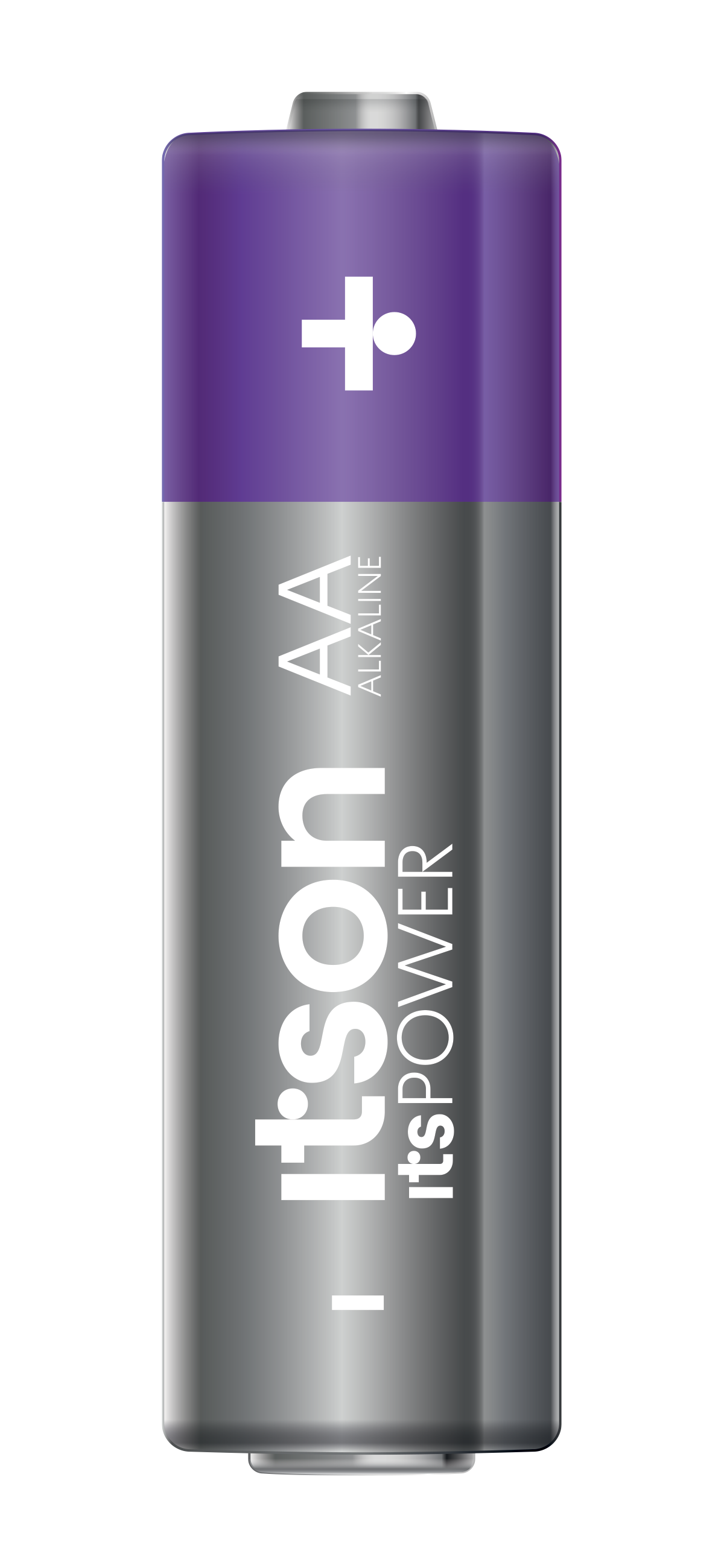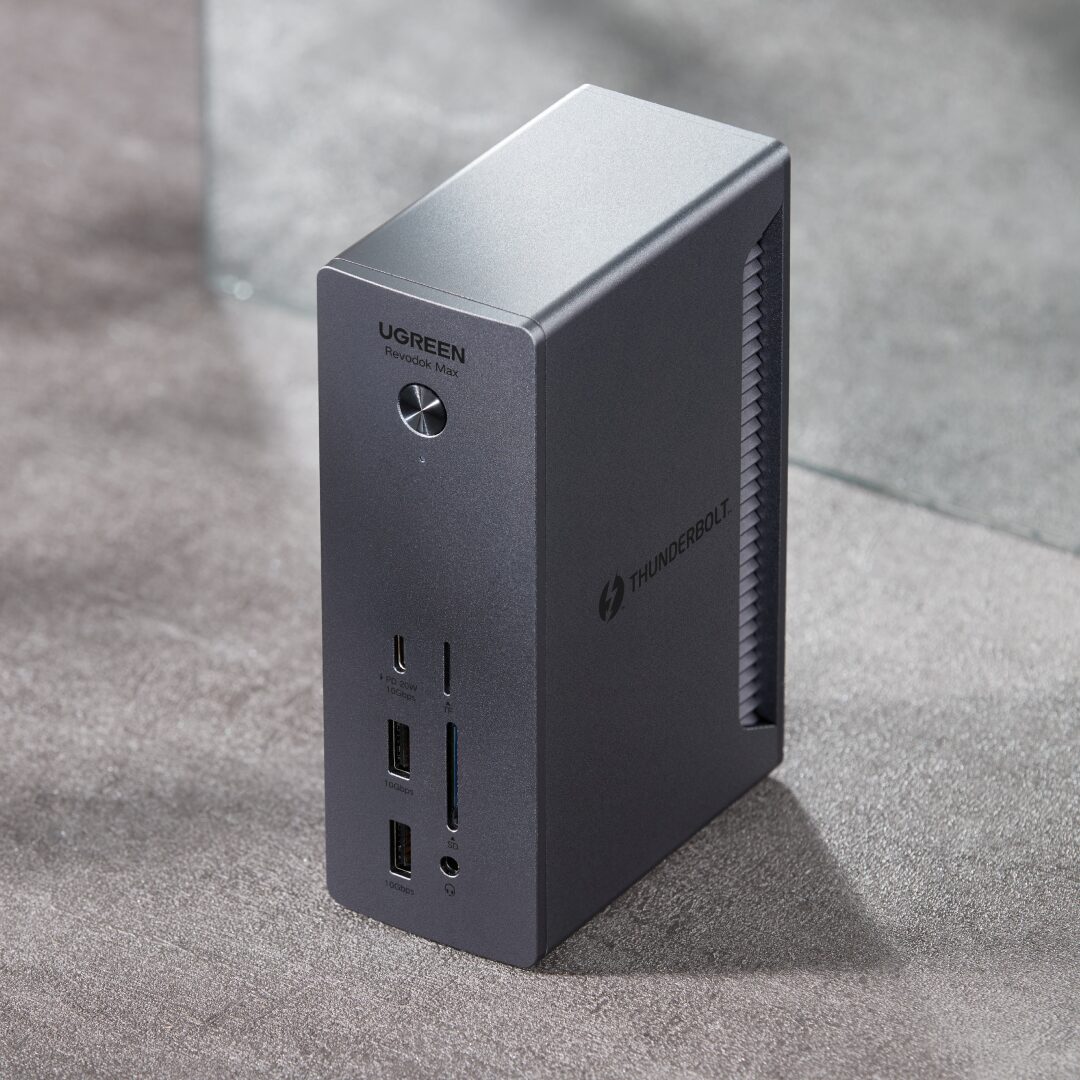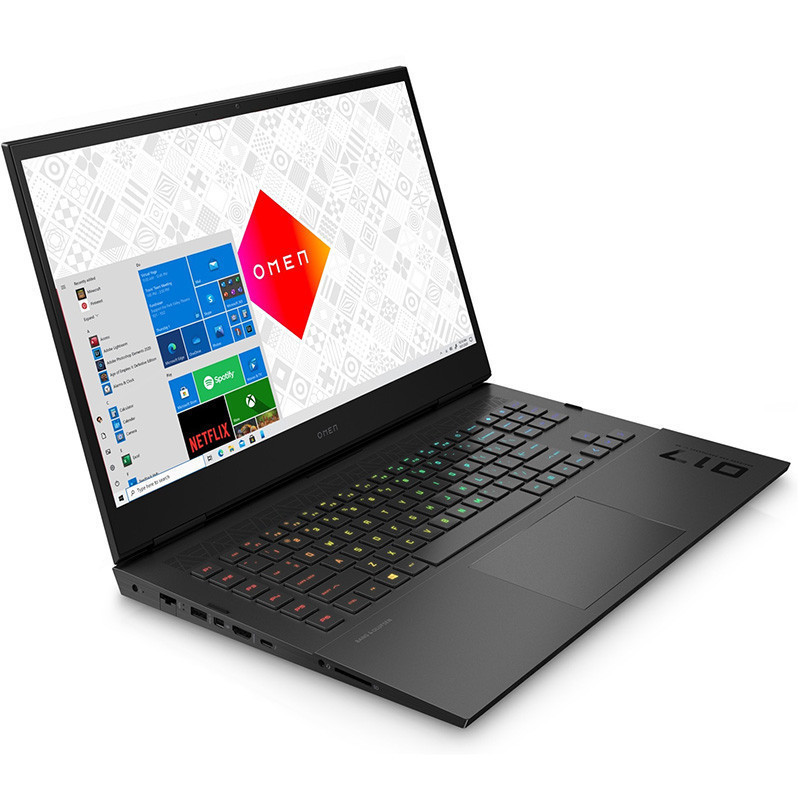A new research by Microsoft Surface has found that 80% of UK IT leaders are under increasing pressure to find cost savings on commercial hardware, as well as increased financial scrutiny with more stakeholders to satisfy.
The research, which surveyed 200 UK IT decision makers (ITDMs) from organisations with more than 250 employees, explores how IT leaders are balancing the need to reduce hardware costs with the demand for premium devices that enhance employee experience and productivity.
According to the research, the top three features and benefits that ITDMs look for when purchasing commercial hardware are:
- Reliability – including consistent performance, without failure (58%)
- High specifications – including device power, speed and battery life (54%)
- Durability – including the ability to withstand wear and tear (53%)
The research also shows that ITDMs recognise the importance of empowering employees with premium laptops, as 77% of them say enhancing the employee experience in the current economic climate is more important than ever. With 81% of respondents saying premium laptops are worth the investment because they increase productivity, and 76% because they keep employees satisfied and happy.
Alan Slothower, Head of Surface Commercial, Microsoft UK, says: “We needed to better understand the current buying environment and the extent to which UK IT leaders have TCO in mind during the purchase process, and it’s been reassuring to see how well respondents appreciate the difference between price and value. It’s clear that reliability, performance, and durability are the key features and benefits helping IT leaders defend their hardware budgets in 2023/24 – and saving IT teams’ time, as well.”
The research also finds that ITDMs are responding to the current climate by building stronger relations with senior finance – 78% are developing a deeper relationship with their CFO and finance lead, and 79% now have broader discussions across the business to make the case for commercial hardware investment.
Additionally, the research reveals that while 53% of respondents still buy commercial hardware as part of their annual budget, 40% of ITDMs are actively exploring alternative purchasing models. 31% of respondents are already using Devices as a Service (DaaS) and 22% are leasing hardware.
Slothower concludes: “Delivering positive ROI provides a good proof point for IT leaders to share with their finance contacts as hardware lifecycles are successfully extended. More organisations may adopt a quarterly catalogue purchase approach, where rather than buying annual company-wide refreshes once every three years, organisations could select smaller batches that help them keep up with the pace of technological change in a more cost-conscious way.
Whatever the future holds, the UK’s IT leaders deserve a pat on the back for how well they are standing up to increased pressure and scrutiny in an uncertain inflationary and economic environment. Their influence within organisations continues to grow, and with the arrival of AI as the next gamechanger for workforce productivity – this trend is unlikely to slow down any time soon. IT leaders’ ongoing expertise and guidance has never been more important than it is right now.”
For more information on the research, visit https://info.microsoft.com/rs/157-GQE-382/images/EN-CNTNT-eBook-SRGCM10195.pdf


















